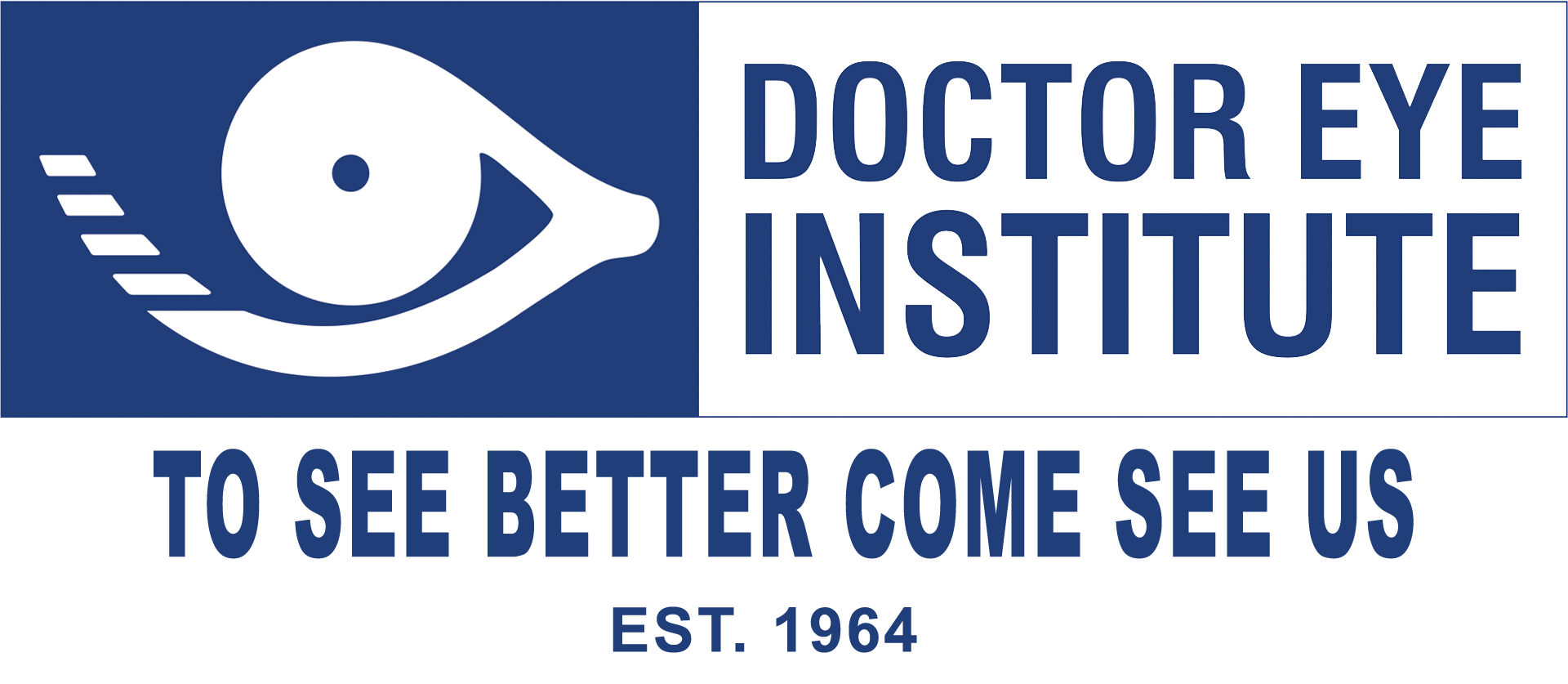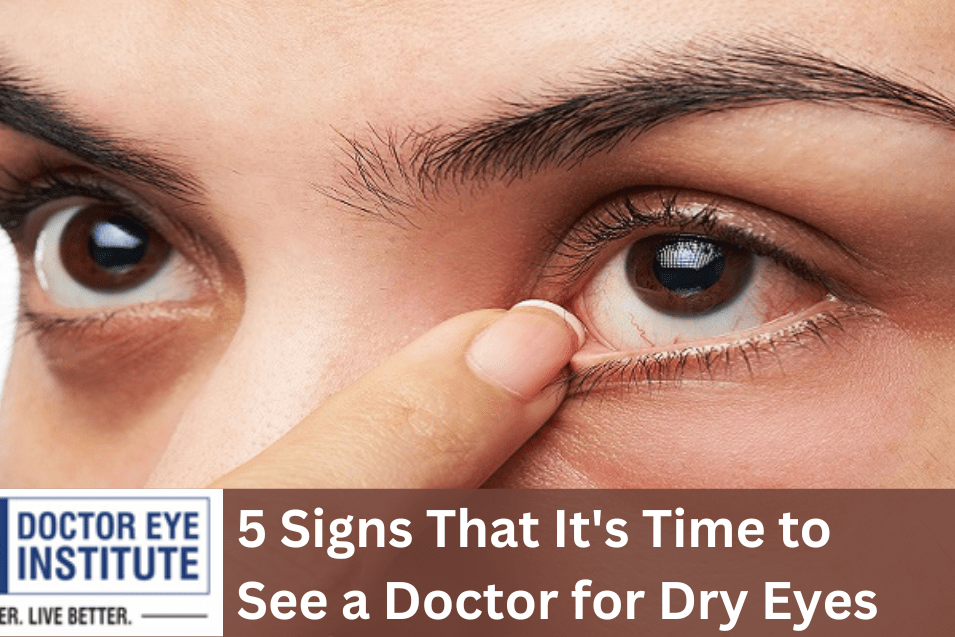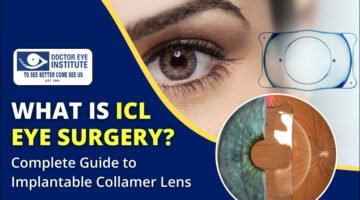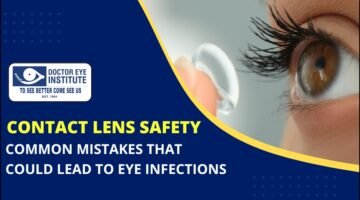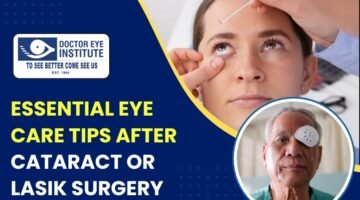Signs That It’s Time to See a Doctor for Dry Eyes
Dry eye syndrome, medically known as keratoconjunctivitis sicca, is a common eye condition that can cause discomfort and affect your overall quality of life. While occasional dryness may be relieved with over-the-counter remedies, there are times when it’s crucial to seek professional medical care.
In this article, we’ll discuss five signs to see a doctor for dry eyes, explain what to expect during an eye doctor visit, explore treatment options, and offer tips for preventing dry eyes and maintaining eye health.
The 5 Signs:
1) Symptoms are severe or do not improve with home treatment
If you’ve been experiencing persistent dry eye symptoms despite trying home remedies like using artificial tears or warm compresses, it’s time to consult a doctor. Severe or unrelenting symptoms may require specialized dry eye treatment.
2) You have other eye problems (glaucoma, blepharitis)
Having other eye conditions, such as glaucoma or blepharitis, can exacerbate dry eye symptoms. Your doctor will be able to evaluate the interaction between these conditions and prescribe a suitable treatment plan.
3) You are taking medications that can cause dry eyes
Certain medications, such as antihistamines, decongestants, and antidepressants, can contribute to dry eyes as a side effect. If you’re on any such medications, consult your doctor to discuss potential adjustments or alternative treatments.
4) Dry eyes are affecting your daily activities
If dry eyes are interfering with your everyday life, including activities like reading, driving, or working on a computer, it’s time to seek professional help. Chronic dry eyes can be managed effectively with the right dry eye treatment plan, allowing you to resume your normal activities comfortably.
5) You have a history of dry eyes
If you have a history of dry eyes, whether due to age, hormonal changes, or other factors, it’s important to keep regular appointments with your eye doctor. They can monitor your condition and make necessary adjustments to your treatment plan as needed.
What Doctors at DEI will do?
When you visit our dry eye specialist, they will perform a comprehensive eye examination to assess the severity and underlying causes of your condition. This examination may include:
Reviewing your medical history: Your doctor will inquire about any underlying health conditions, medications you are taking, and your history of eye problems.
Measuring tear production: A Schirmer’s test or tear osmolarity test may be conducted to determine the quantity and quality of your tears.
Eye surface evaluation: Your doctor will examine the surface of your eye to check for signs of damage or inflammation.
Treatment Options:
Based on the examination results, your doctor may recommend various treatment options, including:
Prescription eye drops: Medications like cyclosporine (Restasis) or lifitegrast (Xiidra) can help reduce inflammation and improve tear production.
Lipid-based eye drops: Artificial tears with added lipids can help stabilize the tear film and prevent evaporation.
Punctal plugs: Tiny plugs can be inserted into the tear ducts to slow tear drainage and keep your eyes moist.
Lifestyle changes: Your doctor may suggest modifications in your daily routine, such as using a humidifier, avoiding smoke, and taking breaks during prolonged screen time.
Preventing Dry Eyes:
To prevent dry eyes or reduce their severity, consider these tips:
Stay hydrated: Drink plenty of water to maintain overall health and adequate tear production.
Blink regularly: Make a conscious effort to blink more frequently, especially when using screens.
Wear protective eyewear: If you are in a dry or windy environment, consider wearing wraparound sunglasses or goggles.
Use a humidifier: Especially in dry indoor environments, a humidifier can add moisture to the air.
Follow your doctor’s advice: Adhere to your prescribed treatment plan and attend regular check-ups.
Remember, early intervention and proper management can help alleviate dry eye symptoms and improve your eye health. If you experience any of the signs mentioned above, don’t hesitate to schedule an appointment with Doctor Eye Institute now for personalized care.

